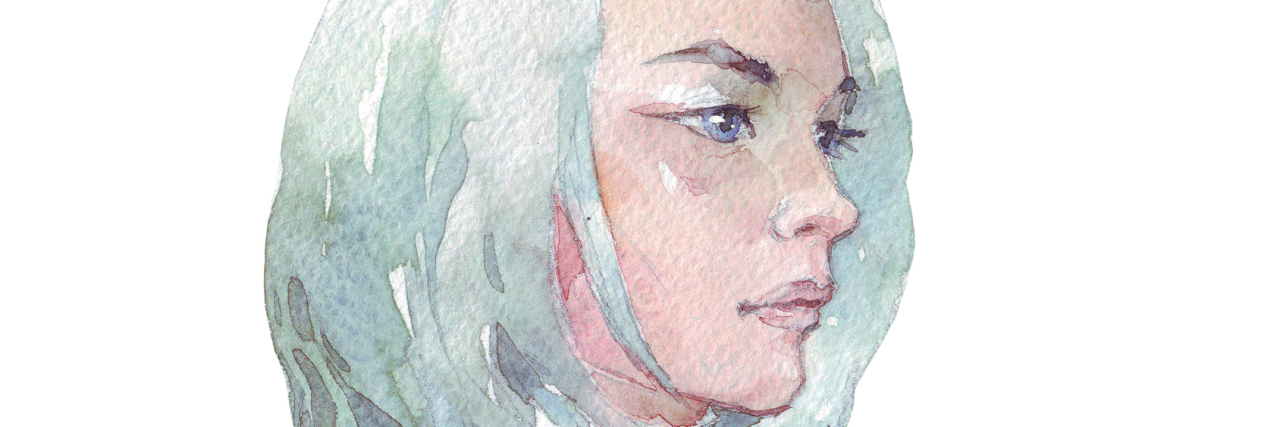I shifted back and forth trying to visually tell how far I was away from the person in front of me. All the while the person behind me was creeping closer and closer as a very long and nervous line was taking form at the Walmart pharmacy. I heard a cough, then another. Fear started to set in. I started getting dizzy and hyperventilating. Soon, right there in Walmart, I started crying and having a full panic attack.
How humiliating, right?
For many of us, this is how our anxiety manifests. Even when we are not in a COVID-19 pandemic. As we all know, COVID-19 is the new viral strain in the coronavirus family that affects the lungs and respiratory system. In these uncertain times, our fear can be debilitating, and paranoia can set in. Panic seems to control our actions and we begin to look inward to only our own needs. Worry is a natural response to facing times like these, but fear is what drives us to panic. Below, I’ve listed some helpful tips to help with the anxiety.
1. Acknowledge the uncertainty.
Don’t pretend it isn’t there. We don’t put our heads in the sand and pretend this isn’t scary. By acknowledging it, the power it holds seems to lessen a bit.
2. Pause.
Take a moment to breathe. We remember we are a resilient. We don’t react how our fear tells us to. Maybe we don’t react at all.
3. Pull back.
Social media is a great way to connect with others but when times of uncertainty come, our newsfeeds can increase our anxiety tenfold. Take a step back and visit only reliable news sources. Do not dwell on the topic, but only seek information and act accordingly. Maybe this means we only check the news once a day.
4. Examine your thoughts.
Practicing mindfulness is a proven way to decrease anxiety. Not every thought deserves our attention. Not every thought is worth our time. Thoughts are not always facts. We have the choice to choose which thoughts are worth exploring. Tell yourself this is fear talking and it’s not helpful or necessary.
5. Let go.
We let go of the thoughts that are not helpful, that are driven by fear. We don’t respond to them. We can even imagine them floating away on a cloud. If we allow them to, they will pass.
6. Live in the here and now.
We cannot control tomorrow. If we could, we would have done it already. Explore the current moment. Notice your breath. Notice what you can see, taste, hear, touch and smell. Ground yourself back into the current moment. Shift your focus to what you can control, which is your response.
7. Finally, and maybe most importantly, reach out to others.
Remember we are not alone in this. There are many other people struggling with the same worry and fear we are. Social distancing and quarantine takes a toll on our mental health. If we cannot gather in groups, remember other ways of reaching out. Send out a “I am thinking of you” text. Call a friend. When the fear is debilitating, reach out to someone.
Concerned about coronavirus? Stay safe using the tips from these articles:
GettyImages photo via annwaterru

